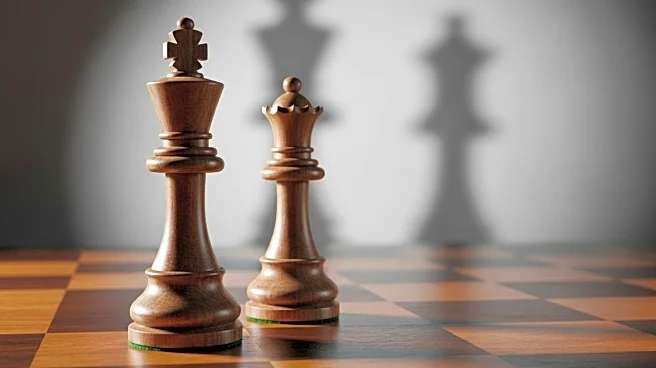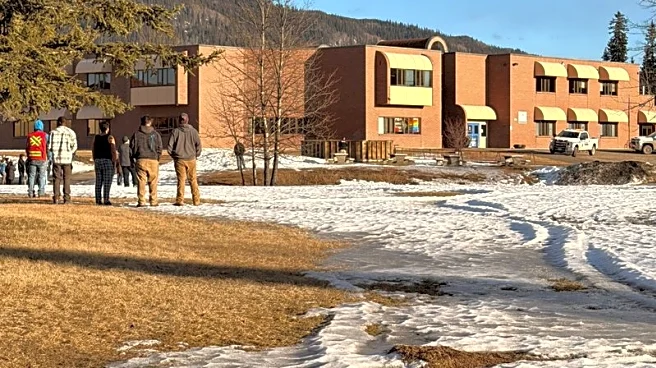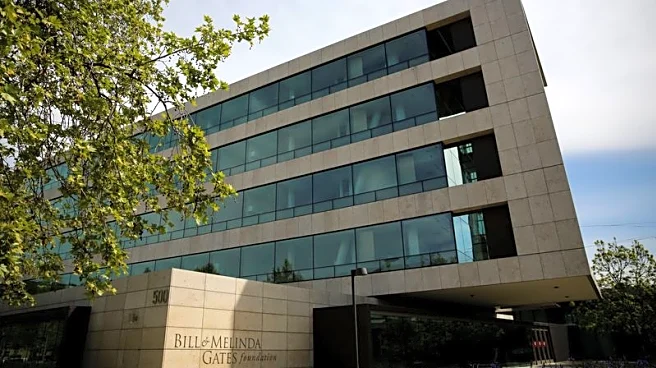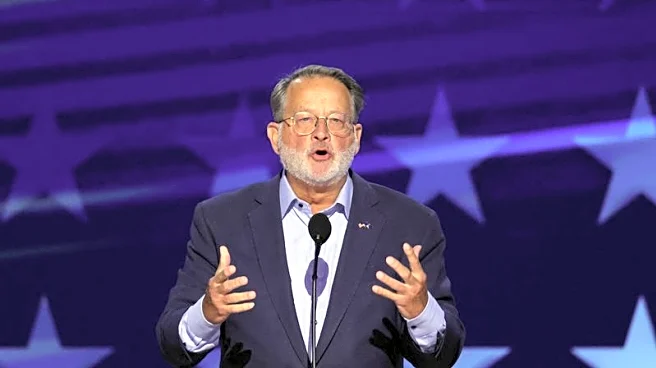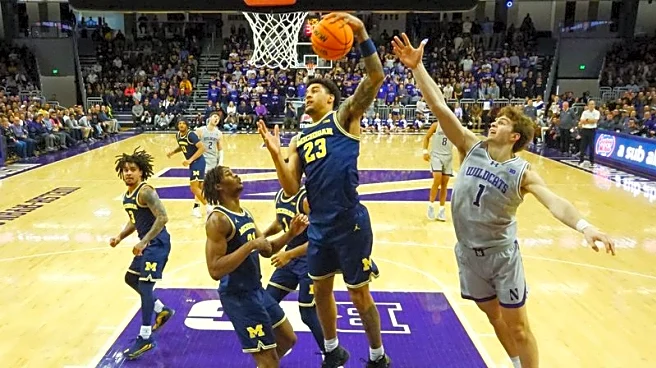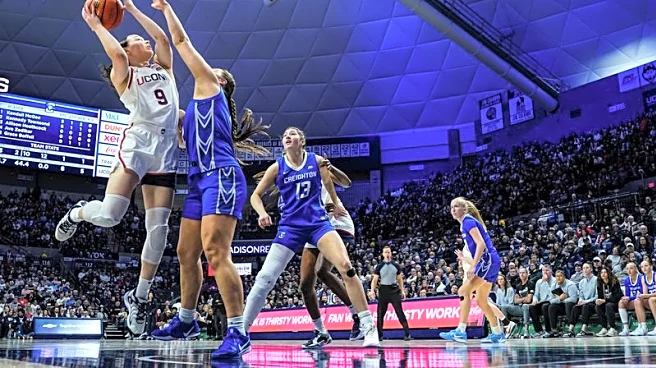What's Happening?
Reuters has withdrawn a video featuring Russian President Vladimir Putin and Chinese President Xi Jinping discussing human longevity after China's state broadcaster, CCTV, revoked permission for its use. The video, which was distributed globally, showed the two leaders musing about the potential for biotechnology to extend human life. CCTV accused Reuters of exceeding usage terms and misrepresenting the content. Reuters defended its journalistic integrity, stating that the withdrawal was due to the loss of legal permission, not editorial inaccuracies. The exchange occurred during a military parade in Beijing, marking the 80th anniversary of Japan's defeat in World War II.
Why It's Important?
This incident underscores the sensitive nature of media content involving high-profile international figures and the complexities of media licensing agreements. It highlights the challenges faced by global news agencies in navigating legal and editorial standards across different jurisdictions. The withdrawal of the video may impact Reuters' relationships with its media clients and Chinese authorities. Additionally, the event reflects the broader geopolitical dynamics between Russia and China, as well as their respective media strategies. The discussion on human longevity, albeit lighthearted, touches on significant scientific and ethical questions about the future of biotechnology.
Beyond the Headlines
The incident raises questions about the control and dissemination of information in the digital age, particularly concerning state-controlled media. It also highlights the potential for diplomatic tensions arising from media portrayals of international leaders. The broader implications for press freedom and the role of media in shaping public perceptions of global leaders are significant. As biotechnology advances, discussions about human longevity and ethical considerations will likely become more prominent in international discourse.
